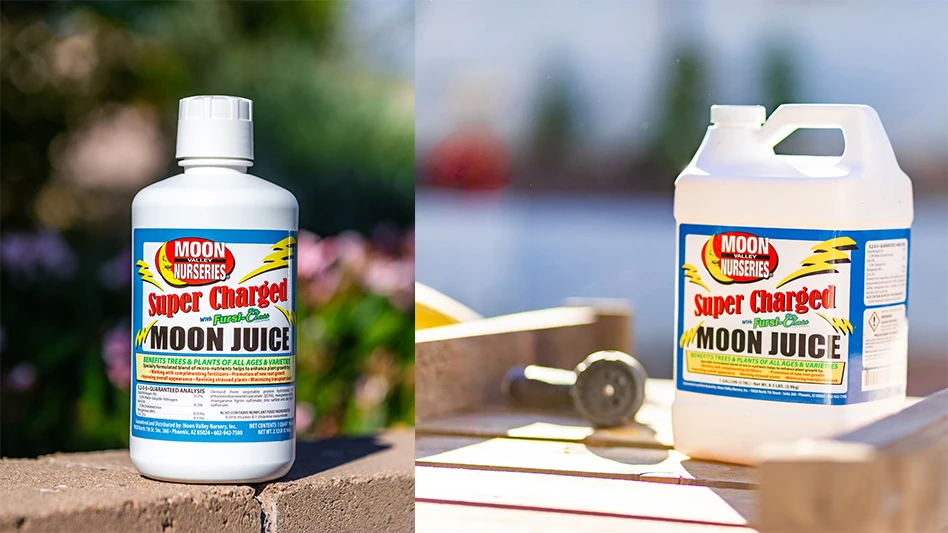
It’s hard to believe that the holiday season has again descended upon us. In many workplaces, November and December are months set aside to celebrate the year’s milestones and accomplishments, and to recognize and thank employees for their contributions. Unfortunately, in some workplaces, along with the holiday cheer comes an increase in legal liabilities associated with alcohol use, harassment claims and injuries. How can you steer clear of these holiday headaches? Read on for some practical tips to minimize risk and still have fun.
From fun to fateful
When it comes to parties, the choices are unlimited. Some businesses celebrate with elaborate gatherings in beautiful restaurants and invite employees’ friends and family members. Others have low-key employee luncheons, picnics, or get-togethers at the boss’ home. Regardless of the type of celebration or the location, parties have been known to boost morale, build team spirit and help create more of a family feeling at work.
Oftentimes alcohol is served at company parties. When it is, employers often rely on employees to exercise good judgment when drinking. However, we all know that good judgment and alcohol don’t always go hand-in-hand. For some employees, a mixture of festive activities and alcohol could obscure the boundaries of acceptable work-related behavior. Many workers believe the general rules of appropriate conduct don’t apply at office parties with alcohol.Consider this — an employee has several drinks at the party, leaves, and causes an automobile accident in which injuries occur. Even if the employee isn’t driving a company vehicle, could you (the employer) be held liable? Or what about the manager who gets a little tipsy at the party and begins to flirt, touch or proposition an employee? Can an employer be held liable for sexual harassment that occurred at a voluntary event held off company property and outside normal business hours? These scenarios represent real risks and potential liabilities that should be considered, especially at holiday time.
Not surprisingly, the federal Equal Employment Opportunity Commission (EEOC) has identified “workplace cultures that tolerate or encourage alcohol consumption” and “workforces with many younger workers” as two out of a dozen work environment risk factors that increase the likelihood of harassment. According to the EEOC, “the presence of one or more risk factors suggests that there may be fertile ground for harassment to occur.”
It’s an unfortunate reality — but office parties can become liabilities for employers.
Minimizing the risk
So how can you limit holiday party liability and still have fun? For starters, consider eliminating alcohol altogether. I know this isn’t a popular option, but it goes without saying that if you eliminate the alcohol, you eliminate the root cause of most holiday party liabilities.
If you elect to serve alcohol, here are a few suggestions to help reduce risk:
- Don’t make alcohol the focal point of the celebration. Define a work-related purpose for the celebration and plan the event to include stories about employees, highlights from the past year, a motivational talk about the upcoming year, or other business-related topics.
- Designate one or more managers to monitor employees. Designated managers should not drink at the event and should keep a watchful eye on employees who do. This includes, but is not limited to, making sure that employees don’t drink in excess, become overly friendly with coworkers or others, engage in behavior that is dangerous to themselves or others, or drive after consuming alcohol in excess. Designated managers should have good judgment and should be educated about the signs of intoxication. They should also be willing and able to address improper conduct.
- Select an appropriate venue. If you elect to have your party at the local pub or a nightspot with a questionable reputation, you could be asking for trouble.
- Limit the number of drinks per person and/or the time when alcohol is served. Consider using a ticket system to limit the number of drinks.
- Eliminate liquor and/or stop liquor or alcohol service before dinner. Serving only beer and wine and/or stopping liquor or alcohol service before dinner can help minimize the potential for problems.
- Use a professional bartender. Let the bartender know that the company expects him or her to deny service to any employee who is visibly intoxicated. Arrange for the manager in charge to be notified if an attendee appears intoxicated.
- Make sure that food is served. Opt for food that is filling and that stays in the stomach longer to assist with alcohol absorption.
- Arrange to have transportation available. Hopefully, by taking the above measures, this won’t be necessary, but having the option available is wise.
- Before the party, inform employees that the company’s sexual harassment policy remains in full force at all work-sponsored events. Remind them about their duty to report incidents of harassment they experience or witness.
- Ensure your managers understand that they set the tone for appropriate behavior even when participating in company-sponsored functions outside normal work hours.
- Promote family-oriented celebrations scheduled during the afternoon or invite spouses and significant others to evening parties to limit the potential for misbehavior.
- Do not require attendance at the party; make sure employees know that it is voluntary. If it’s mandatory, you may be liable for workers’ compensation should an employee get injured at the event.
- Thoroughly investigate all harassment claims brought by employees after parties. Take prompt and immediate action against any employees who violate harassment policies at office events.
To limit other liabilities, consider these suggestions:
With a little bit of forethought, planning, and wise decision-making, you can eliminate many of the risks and potentially devastating liabilities associated with holiday parties. If you’re the boss, I urge you to stop and think twice about this one. It is, after all, the time of year for joy, not grief. Cheers!

Explore the November 2018 Issue
Check out more from this issue and find your next story to read.
Latest from Garden Center
- Society of American Florists accepting entries for 2025 Marketer of the Year Contest
- Sustainabloom launches Wholesale Nickel Program to support floriculture sustainability
- American Horticultural Society welcomes five new board members
- Color Orchids acquires Floricultura Pacific, becoming largest orchid supplier in U.S.
- American Floral Endowment establishes Demaree Family Floriculture Advancement Fund
- The Growth Industry Episode 3: Across the Pond with Neville Stein
- Proven Winners offers Certified Garden Center Training for staff education
- Digging In Association hosts inaugural Platinum Trowel Awards at winter conference







